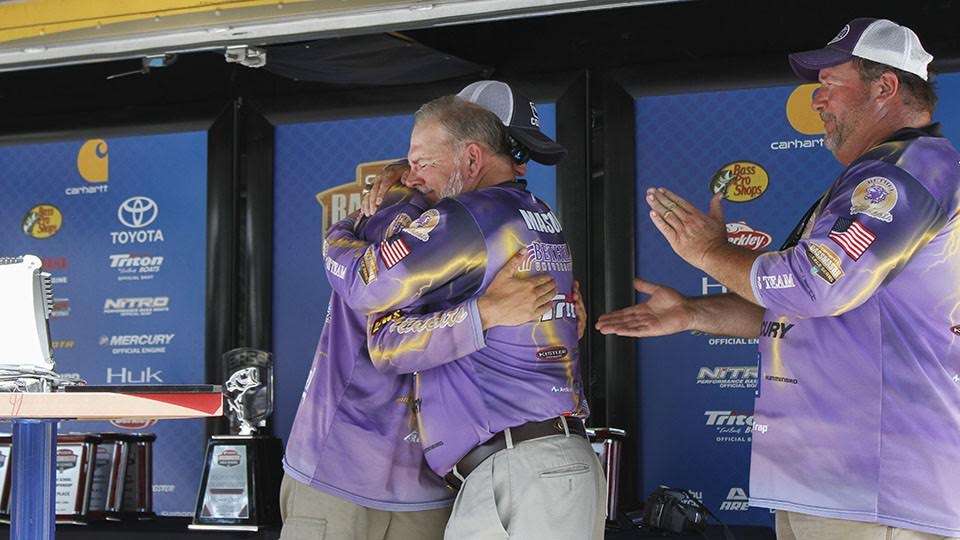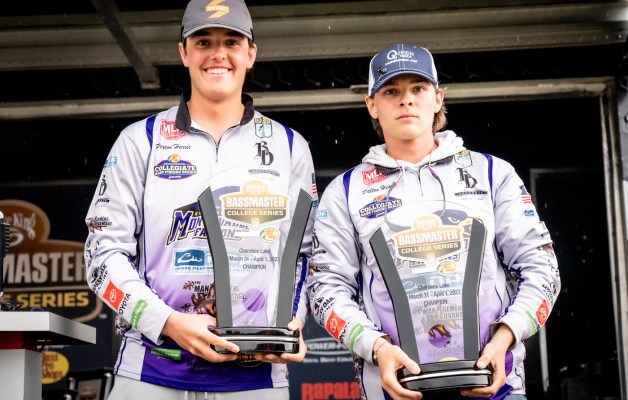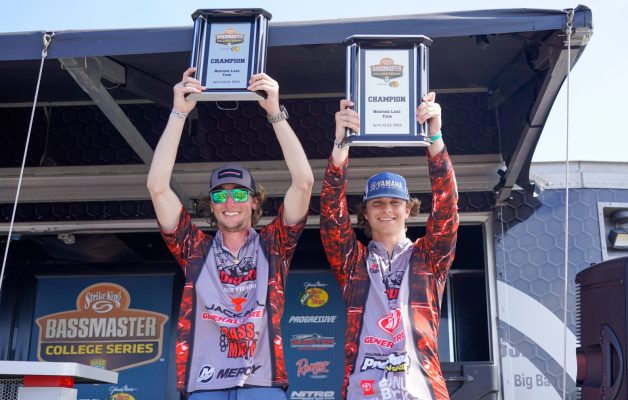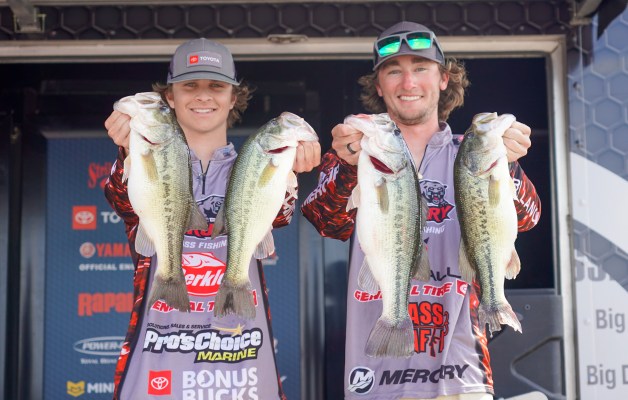
The success of his Bethel University bass fishing program has Coach Garry Mason frequently fielding questions about how to start a college bass club.
The Bethel program originally began when the university’s athletic department became interested in starting a bass fishing club and invited Mason to a meeting to discuss how the school could set up its program if he were the coach. Mason made the following points that led to his hiring as the school’s bass fishing coach.
- Offer scholarships for bass fishing and set up the program exactly like any other athletic program (baseball, basketball, football) on campus.
- Set up a varsity team and a junior varsity program.
- Have the academic community view the student anglers the same “as anybody else on campus playing any sport” at Bethel.
In many cases students or members of the fishing community have to persuade a college to start a bass club, so Mason suggests they approach the athletic department first to discuss their plans for setting up the program. “They need to find someone in the athletic department who is an outdoorsman or likes to fish and get their help,” Mason said.
Mason suggests using some of the following selling points to help convince a school to start a bass fishing program:
- Bass fishing is one of the fastest-growing collegiate sports in the nation.
- College bass fishing brings national exposure for the school, which is especially appealing to a smaller university such as Bethel. “We don’t fish anything that doesn’t have a television camera or an outdoor writer or magazine possibility,” Mason said. “If I am going to spend $3,000 to $4,000 of the school’s money to go somewhere, like for a tournament, I am going to try and get as much bang for the buck as I can for my program whether we win, lose or draw.”
- Most of the student anglers have their own boats and fishing gear, so the cost of a bass fishing program is minimal.
- A successful bass fishing program could lead to the school expanding into other club sports. Mason said since Bethel started its bass fishing club, the school has also developed inline hockey, bowling and archery programs offering scholarships. “If you build a sport, the kids will come,” Mason said.
After getting approval from the athletic department, the final steps for building a club are setting up a hierarchy with a club president, vice president and other officers and finding a coach who is an excellent recruiter.
“Recruit from outside the school,” Mason said. “It becomes hard to ask for money and receive money for your program if you are recruiting from inside the school because the college already receives the funds that those students bring in, in the form of tuition.”
Recruiting anglers from outside the university generates more money for the school and continuity for the bass fishing program.





